How to Prepare Compost for Gardening
Published Jan. 12 2021, 2:29 p.m. ET
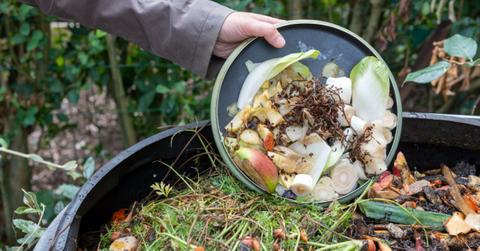
There is a common misconception amongst beginning gardeners that home composting is difficult. There’s also the prevailing worry that composting at home is a messy or smelly enterprise. These concerns could not be farther from the truth. Composting eliminates excess waste and can be construed as a means of soil conservation — which is an issue of increasing relevance these days. And understanding how to prepare compost for gardening begins with a few simple pearls of wisdom and a dash of patience.
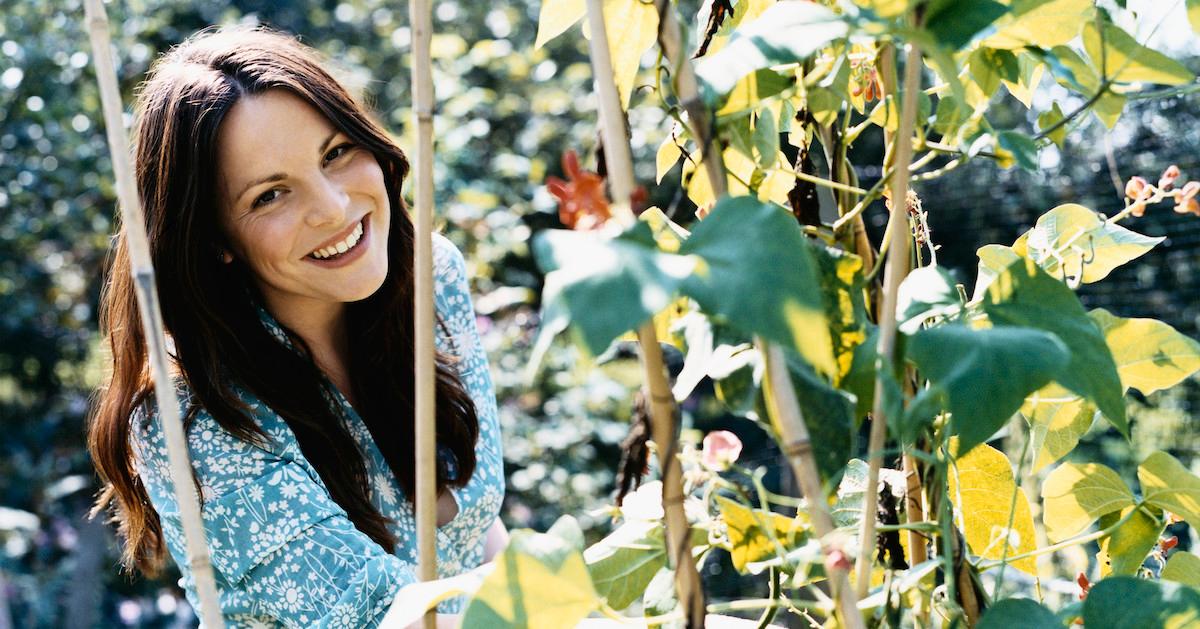
Why should I compost?
Composting is a great way to recycle your kitchen scraps into something useful rather than letting them mold in a landfill somewhere. Fully realized compost is the “black gold” of gardening. It’s a potent mix of nitrogen and carbon-rich elements, moisture, oxygen, and bacteria, all balanced into a crumbly black soil that’s perfect for helping your garden grow.
Good compost improves the structure of the soil, allowing it to hold together and retain moisture better. It conditions the soil so that it releases nutrients into plants slowly, over the course of the growing season, while simultaneously improving soil health. The best compost will even attract earthworms, which will then aerate the soil and allow for better drainage and transfer of minerals.
How to prepare compost for gardening:
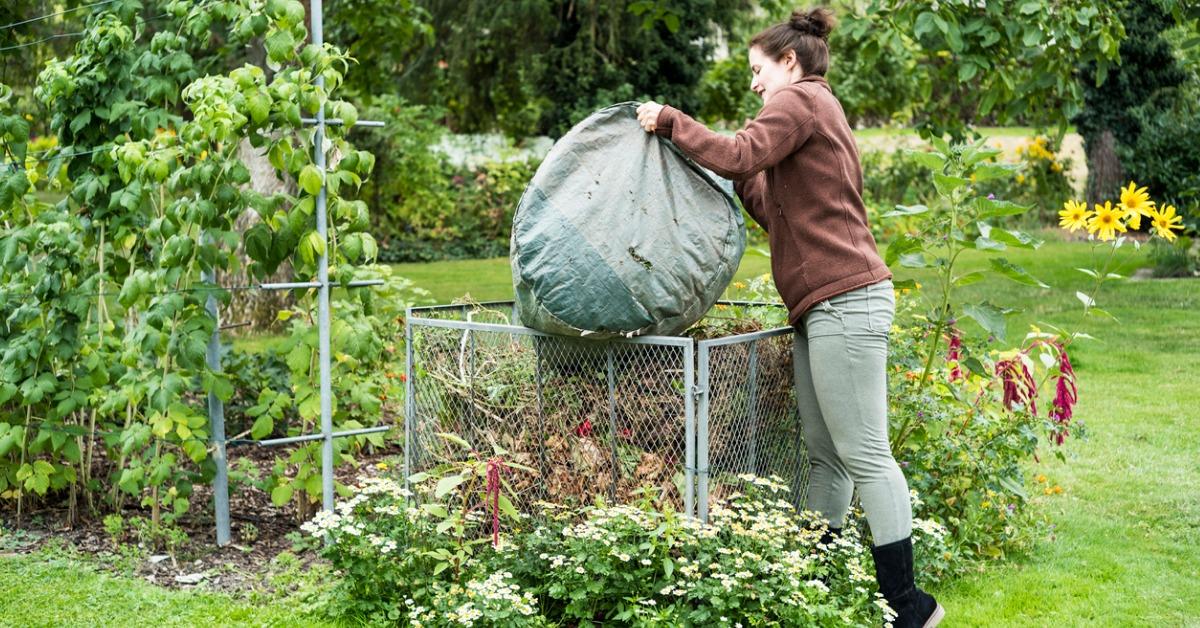
There are a few simple steps involved in making workable compost at home.
Step 1
First, either choose a location with decent enough space to build your compost pile or invest in a compost container or bin. You don’t have to get a big one, but understand that the resultant compost from a large amount of composted material might not be as much as you might think.
Step 2
Next, decide what materials you want to use. Items that are good for humus soil are vegetable scraps, leaves, fruit skins, grass clippings, old newspapers, coffee grounds, and eggshells. Make sure that no animal-based foods, meat, metal, plastic, or chemicals find their way into the pile. Even garden clippings treated with pesticides could muck up the whole process.
Step 3
No matter how much compost you’re working with, you’ll also want to add some soil from your backyard as a sort of “starter bacteria” for the process. Think of it like acetic acid bacteria in wine or yeast for brewing beer. Make certain to take only the healthiest soil you can find, preferably one bereft of chemicals or synthetic fertilizers.
Step 4
Remember to turn your compost regularly. This is one of the most important tasks when making hot compost. Turning your pile at least once a day will help speed up the process significantly. This much attention to detail will also help you ensure that the pile is neither too wet nor too dry. Check it often to make sure that it is merely damp — damp is the sweet spot.
Step 5
Wait and see what happens next. You should be checking your compost daily anyway, so you will notice it changing from a pile of trash to a dark, spongy, jelly-like material. This is humus, and once it’s there, you’re golden. Well… black-golden.
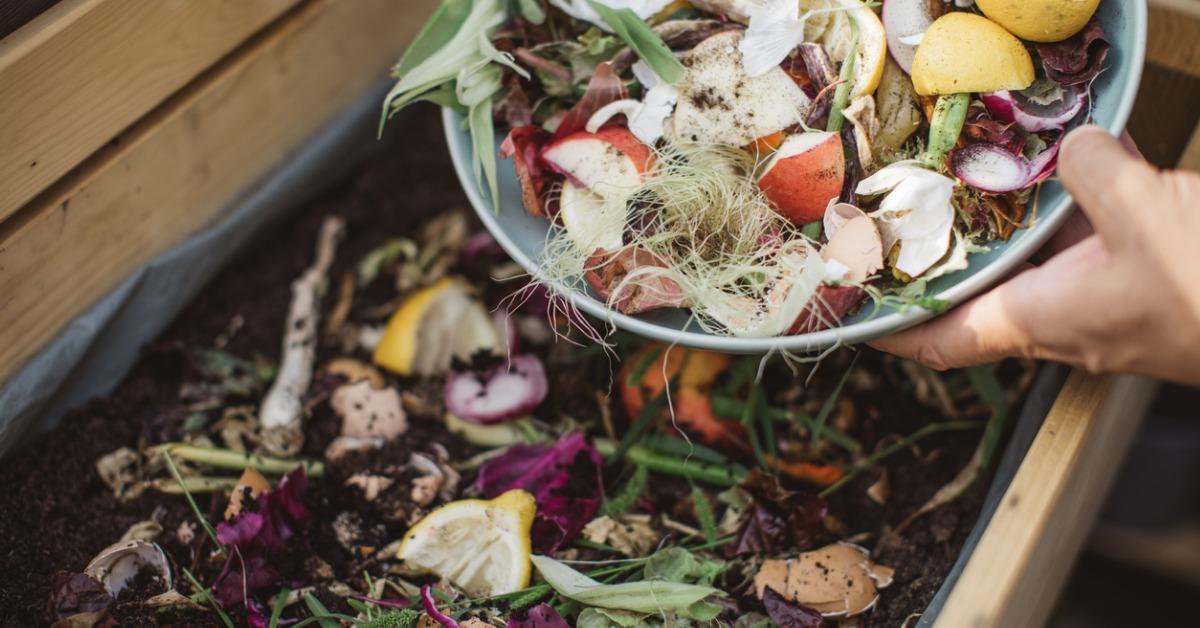
What materials work for composting?
The best items for composting are those that are either carbon- or nitrogen-rich. These are called “greens” and “browns” in the composting biz, and we’ve listed a few examples here that can help you determine what works best.
- Fruit or vegetable scraps (greens) — note that you might want to avoid citrus peels, onions, and garlic for your compost pile, as it is believed that these repel earthworms.
- Coffee grounds (greens)
- Eggshells (greens)
- Grass and plant clippings (browns or greens)
- Dry leaves (browns)
- Finely chopped wood, untreated sawdust, and bark chips (browns)
- Shredded newspaper (browns)
- Straw (browns)
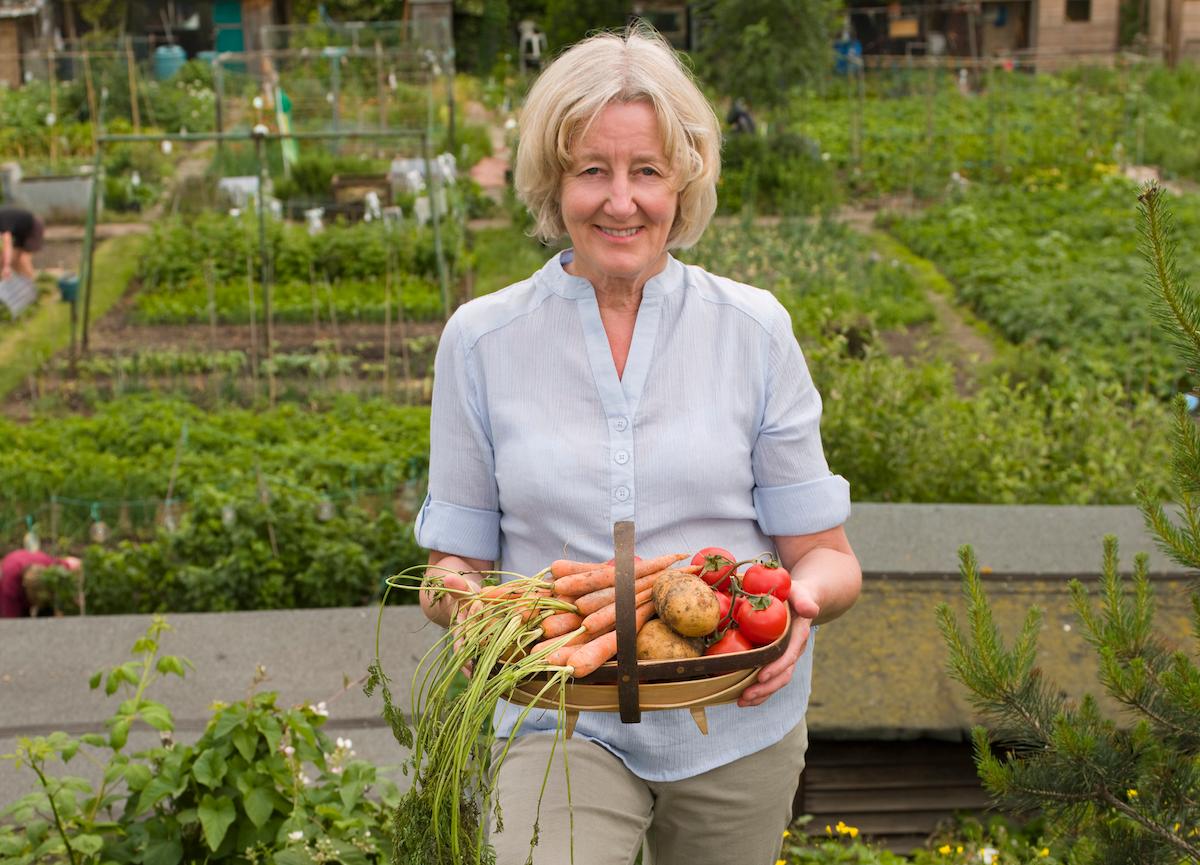
What materials will not work for composting?
Products containing meat, oil, dairy, grease, or a lot of fat will not work for composting. Neither will feces from cats or dogs. These items will not only attract the wrong type of bacteria for composting, but they might also introduce harmful things like E. coli into your gardening soil — and that is not something you want growing up into your carrots.
According to Community Chickens, even chicken manure (considered one of the best gardening manures by many experts) can contain pathogens like E. coli and salmonella. At the same time, these items decompose in a very different way that invites unwanted smells and insects to your compost pile.
Other materials to avoid are sawdust or chips from pressure-treated wood, chemicals, diseased plant materials, or anything from a weed that might go to seed. These weeds will suck up all the good nutrients you’re trying to save for your garden and the chemicals could kill the beneficial bacteria or earthworms.